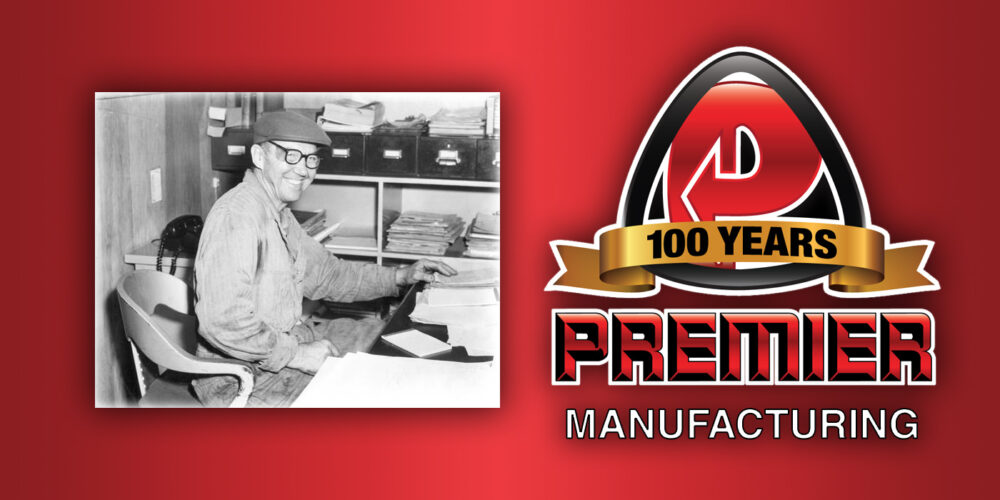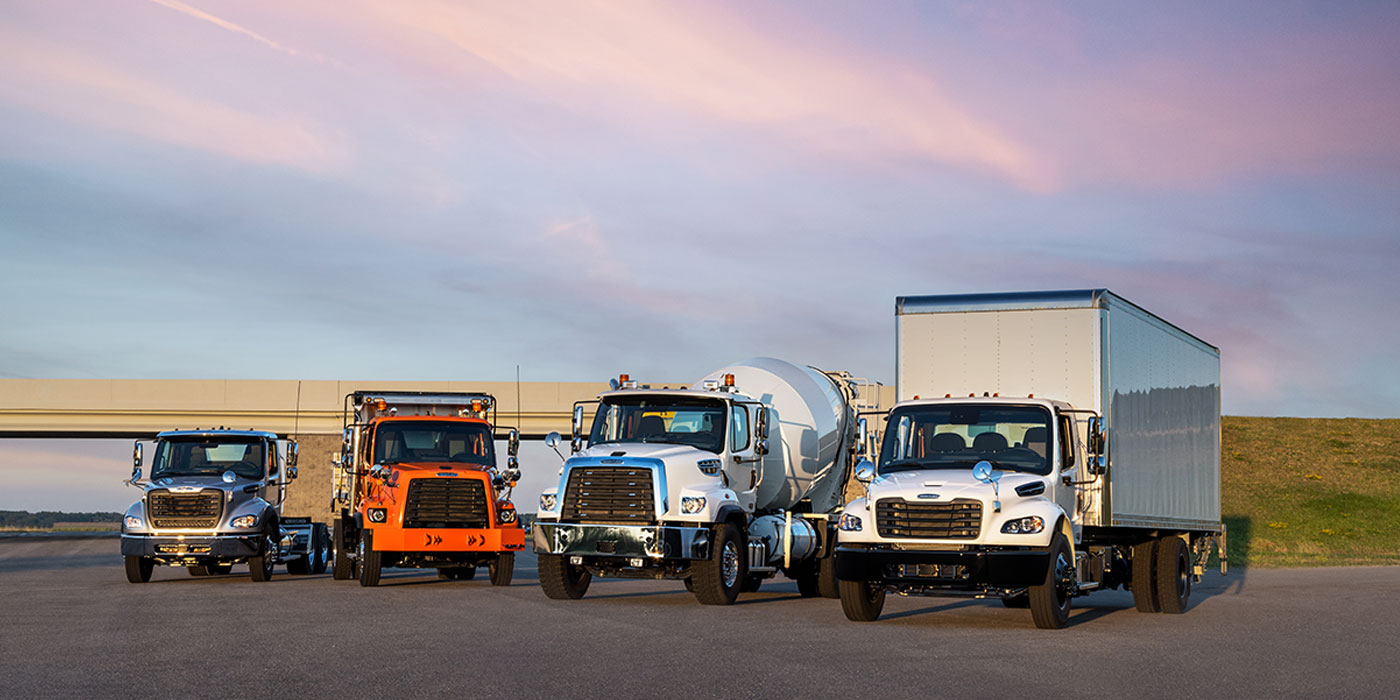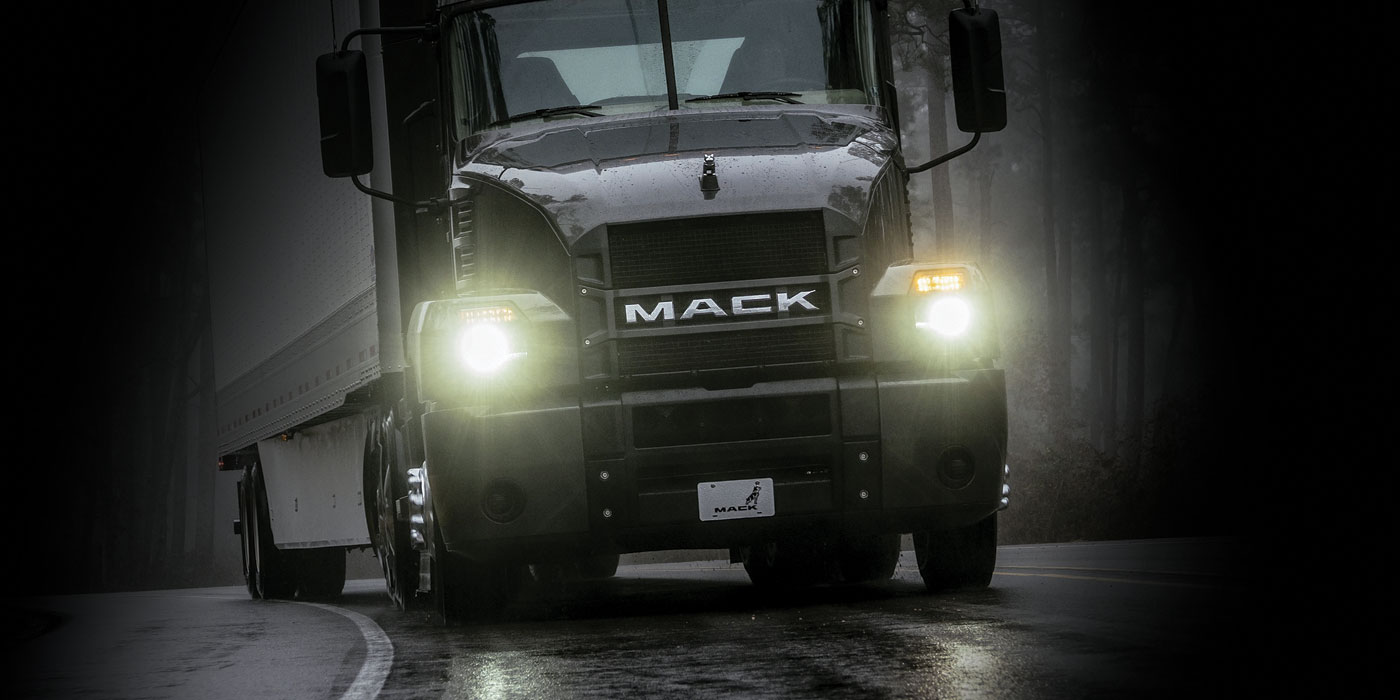The American Petroleum Institute (API), working with engine manufacturers and oil makers, completely redesigned two heavy-duty engine oil specifications which were first licensable in December 2016. Nearly a decade had passed since the last diesel engine oil category, API CJ-4, was developed and major changes were required as engine technology had advanced.
Engine technology advancement
Heavy-duty diesel engine designs have evolved substantially over the last 40 years. This evolution has been driven by emission legislation and customers’ requirements for efficiency and reliability. For example, high-pressure, common-rail injection systems are now widely used to improve combustion efficiency; advances in turbocharger technology have increased power output; and exhaust gas recirculation and aftertreatment devices such as diesel particulate filters and selective catalytic reduction have helped curb harmful emissions of oxides of nitrogen and particulate matter (i.e. soot).
Oil technology and engine technology go hand in hand. Changing regulatory limits challenged engine manufacturers to reduce emissions. As engine manufacturers began to create a new generation of more fuel-efficient, lower CO2 diesel engines, they needed a new generation of higher-performing diesel engine oils to protect them.
With recent regulations, fuel economy has now become the most critical driver for engine manufacturers when designing engines to be more efficient. Engine changes place more stress on the oil, which must lubricate, cool, clean and protect over long oil-drain intervals. Engine oil can help to achieve an engine’s full potential for fuel economy without compromising hardware durability. As engine manufacturers create cleaner, more fuel-efficient diesel engines, they require higher-performing diesel engine oils to protect them.
Two engine oil standards required
Two oil performance standards were developed to replace CJ-4 heavy-duty oils. API CK-4 oils are backward compatible with CJ-4 oils. They were designed with improved oxidation resistance, shear stability and aeration control. Some lower viscosity CK-4 oils such as a synthetic 5W-0 or synthetic blend 10W-30 can offer better fuel economy capability and save money in fuel consumption, without compromising engine protection or durability.
Lower viscosity oils also offer better low temperature oil flow in the engine while providing the film thickness necessary to protect engines operating at higher temperatures. Synthetic blend and full synthetic 10W-30 and 5W-30 also offer fuel economy benefit versus the classic 15W-40 oils.
The second category introduced, API FA-4 performance standard, requires the oil to be blended to thinner viscosity grades, which helps improve fuel economy and lower emissions compared to CK-4 oils. The available viscosity grades are SAE 10W-30 and SAE 5W-30, but they are blended lower in the viscosity range than CK-4 oils. A CK-4 10W-30 is actually thicker than an FA-4 10W-30 engine oil. They are designed for next-generation on-road diesel engines to help maximize fuel economy without sacrificing engine protection. These oils have limited backwards compatibility because some older engines were not designed to operate with lower viscosity grades.
As engine technologies improve and become more efficient, low viscosity engine oils are continuing to become more prevalent and advanced, and provide the excellent engine protection offered by higher viscosity conventional oils with the additional benefit of improved fuel economy.














